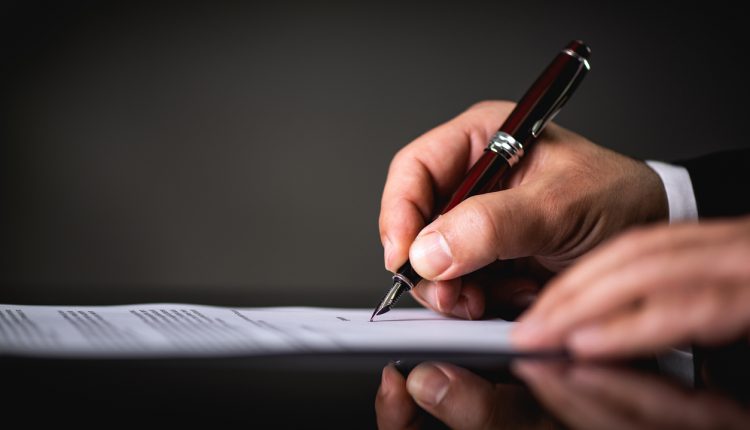What Is The Role Of A Will Lawyer?
Probate is the financial and legal procedure that takes place when a person dies, and it handles the person's will, ownership, and possessions. Probate may be a lengthy procedure that involves several court hearings and a great deal of documentation.
To cope with all the concerns described above, many families engage a probate attorney. Yet, a will lawyer may have been appointed to the issue earlier to the death of the person whose affairs are being handled. All payments involved with the succession procedure, including the maintenance and legal fees, are compensated out from the inheritance of the deceased.
What Is A Will?
The will is a statutory statement that specifies your desires for the distribution of assets and the management of children. Such desires may not have been borne out if you pass without a will. Furthermore, your descendants may eventually spend more time, cost, and mental engagement after you pass away to resolve your accounts.
Will range in efficacy according to the kind, but no paper is likely to settle every difficulty that emerges following your demise. What you want or need to learn about some of these important papers is outlined below.
A will is a legal document that outlines your preferences for the welfare of your family and the disposal of your possessions when you pass away. Inability to draft a will usually puts your assets in the power of courts or state agencies, leading to domestic turmoil. You may write a legitimate will on your own, but you really should get it notarised to reduce the chances of subsequent legal disputes. Try getting your will created by foundations and a will lawyer to ensure all is in order.
Why Do You Need A Will?
Some individuals believe that wills are only necessary for the rich or those with complicated holdings. There are, nonetheless, several reasonable grounds to create a will.
- You have complete control over who receives how and what.
- One can protect their resources away from the eyes of persons they don’t give them to
- You may decide who will look after your kids. The court will rule if there is no will.
- Your family will be able to obtain your assets more quickly and easily.
- You can prepare to save money overall for your inheritance. You could also give gifts and charity donations to reduce your estate tax liability.
What Is The Process Of Probate?
Probate could be a tiresome task, but it is usually left to specialists. Throughout most circumstances, the deceased’s testament names a successor. It might be a private entity, but it’s usually an attorney. The attorney is in charge of gathering and presenting the relevant paperwork to begin and complete the probate procedure.
When there is no will and no successor is designated, the executor might just be a family member or someone selected by the families of the dead. Furthermore, a tribunal must evaluate that the character called executor is qualified for the job and grant someone the authority to do it. If conventional probate measures are not required – such as court proceedings – a friend or relative or a sibling of the dead takes on the position of executor and generally enlists the help of a lawyer to ensure that all procedures are being followed correctly.
The probate procedure essentially implies that the appointed executor is accountable for splitting and transferring assets, paying off a mortgage, and ensuring that the decedent’s inheritance is delivered as anticipated. If a will is properly stated out, there should be no disagreements, and the designated executor is inclined to follow it.




